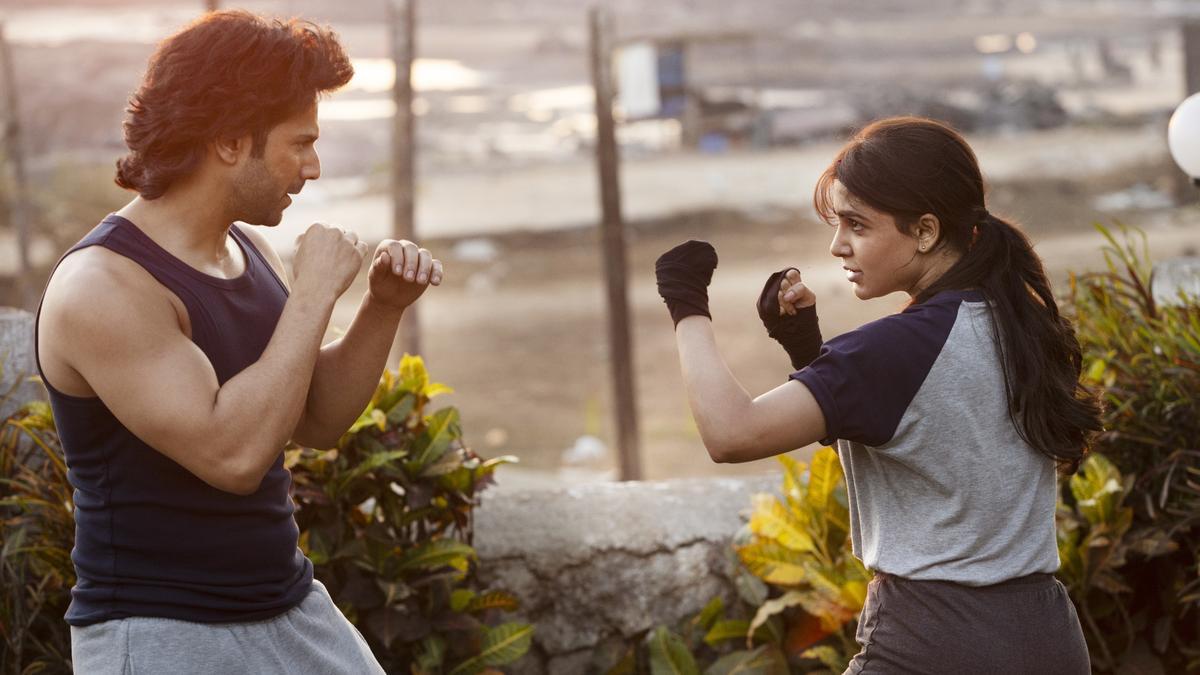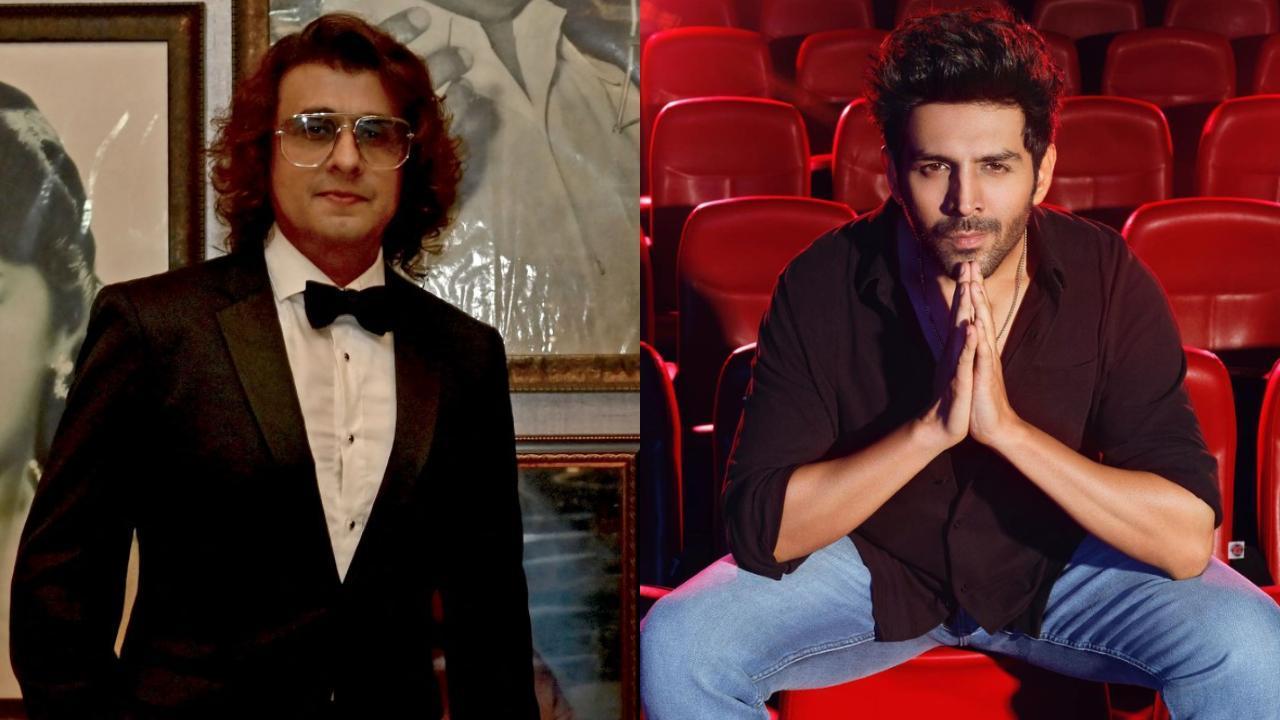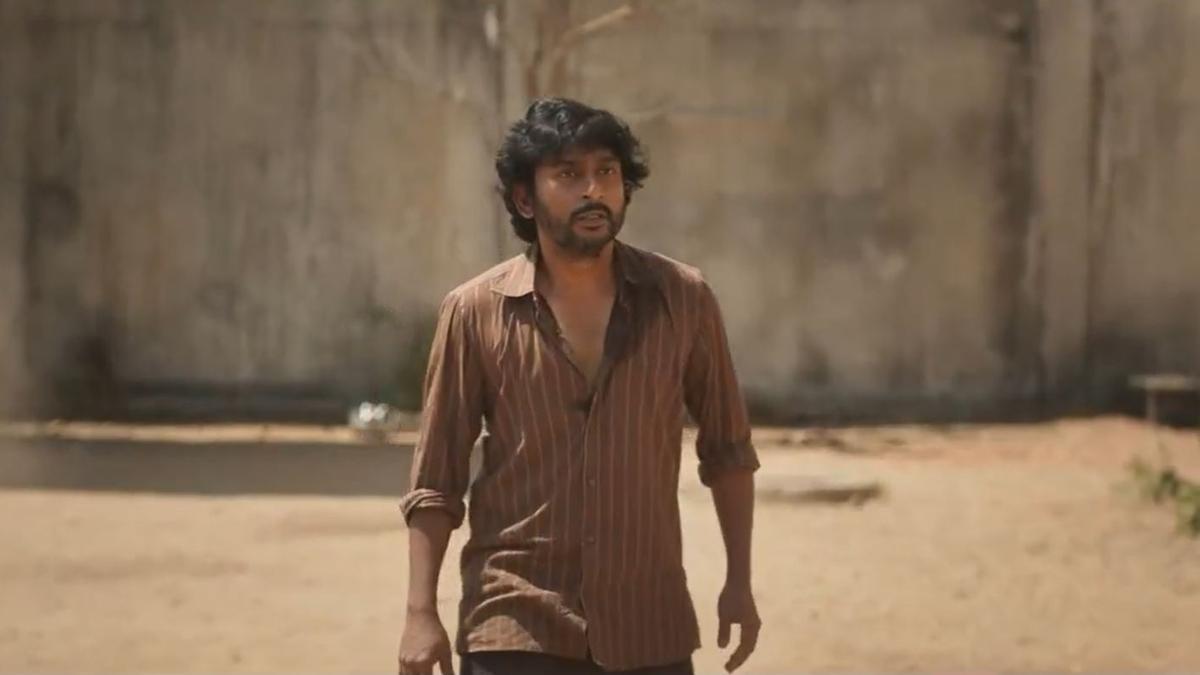
Celina Jaitly, a former beauty queen and Bollywood actress, has recently sparked conversations around the vexing issue of women’s safety. In a heartfelt Instagram post, Jaitly recounted some deeply unsettling incidents she endured during her school years, emphasizing how victims are often blamed for their own trauma. Her revelations come in the wake of national outrage over the brutal rape and murder of a doctor in Kolkata, which has triggered widespread dialogue about the increasing dangers women face in India.
The actress shared a poignant image of herself from sixth grade, using the platform to voice her grievances and support for other victims. “THE VICTIM IS ALWAYS AT FAULT : In this pic I was in 6th grade only when boys from a nearby university started to wait outside my school. They would follow the school rickshaw making catcalls all the way home every day,” Celina wrote.
She went on to describe how these catcalls escalated into more aggressive behavior. “A few days later, because I pretended not to notice them, they started throwing stones at me in the middle of the road to get my attention. Not one bystander batted an eye,” she added, illustrating the community’s indifference and further victimization.
Jaitly revealed that the harassment was not limited to streets or public places. In one harrowing incident, she was shamed by her own teacher. “I was told by a teacher: It was because I was ‘too westernised’ and did not wear loose clothes and did not tie my hair in two braids with oil; it was my fault!” she recounted. The impact of these words would burden her for years, making her internalize the misplaced blame.
It was during this mentally distressing period that another traumatic incident occurred, where she encountered a man who flashed his private parts at her while she was waiting for her school rickshaw in the morning. This shocking episode left her blaming herself for years, as the words of her teacher echoed in her mind: “It was MY FAULT!”
Celina’s troubling memories did not end there. Sharing another horrific experience from her 11th grade, she recounted how her scooty’s brake wires were cut because she did not acknowledge university boys who harassed her. “My male classmates got scared for me and told our teachers. My class teacher called me and told me, ‘You come across as a FORWARD type of girl, riding a scooty and wearing jeans to extra classes with short open hair, that’s why boys think you are of a loose character.’ It was always my fault,” she lamented.
She vividly remembered the day she had to jump off her scooty to save her life as a result of the brake failure–an act that left her both physically and emotionally scarred. “I was hurt badly, and yet it was my fault.
. My scooty was damaged… I was both physically and psychologically hurt… And I was told it was MY FAULT!” Celina wrote, showcasing the absence of a support system and the ceaseless victim-blaming she faced.
The narrative took a sombre turn as Celina touched upon her grandfather’s involvement. “My retired Colonel Grandfather, who fought two wars for our country, in his old age had to take to escorting me back and forth to school… I still remember those rude boys who chased me, even damaging my scooty. They also passed derogatory remarks on my retired colonel grandfather, making fun of him. Nana stood and stared at them, and then he turned away, shook his head and I could read his face as he walked away with me,” she recalled. Her grandfather’s silent disgust spoke volumes about his own dismay over the state of society he once served to protect.
Reflecting on her experiences, Jaitly emphasized the urgency of addressing women’s safety and the undue blame that continues to be placed on victims. “It’s time to stand up and ask for our right to be protected. WE ARE NOT AT FAULT,” she declared, urging society to re-evaluate its perspectives on victimhood and gender-based safety concerns.
The Instagram post has resonated with many, drawing significant attention to the pressing issue of women’s safety and how deeply ingrained victim shaming is in the societal fabric. Celina’s courageous sharing has inspired conversations and calls for change, reminding us once again that the real fault lies with the perpetrators, not the victims.










